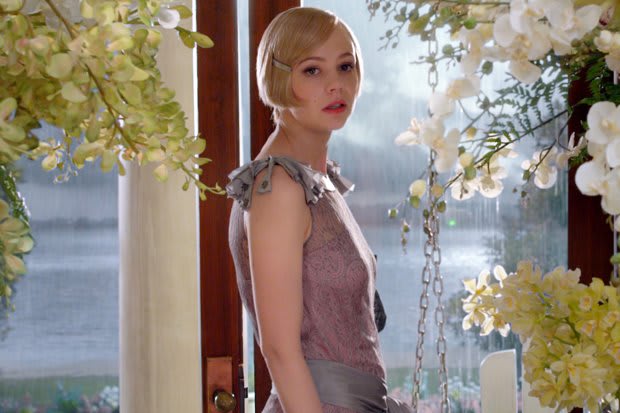The Great Gatsby: the great eluder
The Great Gatsby: Just a green light on a dock
F. Scott Fitzgerald’s The Great Gatsby is utterly iconic, but we often don’t really take the time to think about what the story actually means. We often make an effort to locate the story in a very particular time and place, as if The Great Gatsby is only relevant there and then, and not here and now. The aesthetic of the 1920s - the clothes, the cars, the music - is cohesive and easily recognisable, so it makes sense that we tend towards that approach. But to be so determined to locate the story in that time and place is to imagine that its issues and questions are not relevant to us right now. It’s as if we feel that we can take a casual and very shallow aesthetic interest in the story but leave it behind us when we close the book or leave the cinema or theatre. That’s not how I think we ought to approach this story.
That said, why do we continue to return to The Great Gatsby if not for the visual pleasure of it? One of the reasons why we can find it so entertaining is because it offers us a glimpse into a world that is alive and buzzing with glamour and wealth and excess - it's indulgent and unreal. More importantly, there’s something about the characters that feels magnetic, even if we’re not immediately sure why. Through Nick Carraway, we feel that everything and everyone is just slightly out of reach. Were any of them even real? What's the truth? Did any of it really happen or are the the ramblings of a bitter, tired and deluded man?
It would seem, then, that every new iteration of The Great Gatsby is an attempt to capture something about the story which is always, inevitably, slipping through our fingers - like masses of silk shirts. That’s what memories are, after all. Patchwork pieces of ourselves that we can’t always grasp onto. It’s no different for Nick Carraway, piecing it together for us from his own fragmented memories and beliefs. We’re trying, through Nick, to capture Gatsby and Daisy’s relationship, trying to make sense of Tom and Myrtle’s affair, and trying to work out who Gatsby really is, but we can never pin any of it down. They all evade us, but we have to move on - “boats against the current.”
So every time there’s a new film, or stage production, a new version of The Great Gatsby of any kind, I’d like to think of it as a way of keeping that mystery alive whilst also striving to get closer to everything that eludes us in the story. It’s a kind of self-perpetuating struggle to make it again, to do something differently, but never to ruin it. We idealise an impression of it, just as Gatsby idealises the Daisy he once knew, just as Nick idealises the version of Gatsby he knew only briefly. That’s the beauty of it, though: we’ll never really know.




Comments
Post a Comment